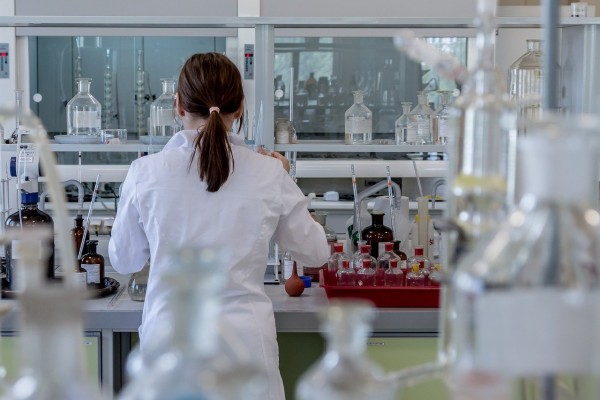Unexpected Stem Cell Discovery Could Treat Placenta Complications
Researchers unexpectedly discovered a new way of creating stem cells that can differentiate into placenta tissue, which can potentially treat placenta complications during pregnancy.
The collaborative research team from Australia and Singapore, involving Duke-NUS Medical School and Monash University, studied the molecular changes that adult skin cells went through to become induced pluripotent stem cells (iPSCs) when they made this discovery.
The team was led by Monash University's Biomedicine Discovery Institute professor Jose Polo and assistant professor Owen Rackham of Duke-NUS. They were able to discover a new way of creating induced trophoblast stem cells (iTSCs) that can create placenta tissue. This can help treat placenta complications that may arise during pregnancy and measure drug toxicity to placenta cells, which has degrees of implications during pregnancy.
It is widely known that stem cells can be used to produce human organ tissues, where adult skin cells are genetically reprogrammed into iPSC and developed into human organ tissue. Creating human tissues in this manner has been very important for the discovery of personalized cell therapies and opens up new opportunities for regenerative medicine, safe drug testing, and drug toxicity measurements.
However, because little has been known as to how induced pluripotent stem cells (iPSCs) are made, the pathway and mechanism that allows adult skin cells to be reprogrammed into iPSCs have been mostly unknown.
MORE ON: Australian Biotech Company Claims Its Nasal Spray Reduced Growth of COVID-19 in Animal Study
Professor Polo mentioned that during reprogramming, the adult skin cells entered a trophoblast-like state which can be captured, and the cells during this state can be reprogrammed into induced trophoblast stem cells (iTSCs). The iTSCs are then able to produce placenta tissue.
Co-lead author of the study, Dr. Owen Rackham, said that this study has demonstrated just how successful it is when both cutting-edge experimental and computational tools are combined. What is just basic science can lead to unexpected discoveries that can be transformative.
John Ouyang, the co-first author, said that these results could provide the capacity to model the human placenta in vitro and enable a pathway to future cell therapies.
Both professors Polo and Rackham said there were many other groups from the Australian and international universities, which contributed to the study over the years, which is why this discovery is truly an international endeavor.
Controversies on Stem Cell Research
There are ethical issues surrounding the work on stem cells, which is why guidelines have been made to address these issues. Although the guidelines are not legally binding, it provides the foundation for stem cell research among scientists.
The largest concern about stem cell research is the use of an embryo because of the laws and beliefs regarding contraception, abortion, and in vitro fertilization.
Controversies arise from the belief that the embryo has legal and moral rights as some believe that life begins at the moment of conception and that embryos deserve protection.
MICROCEPHALY: Here's Something You Should Know for Future Pregnancies
Check out more news and information on Medical Technology and Pregnancy on MD News Daily.
Sep 28, 2020 10:35 PM EDT






